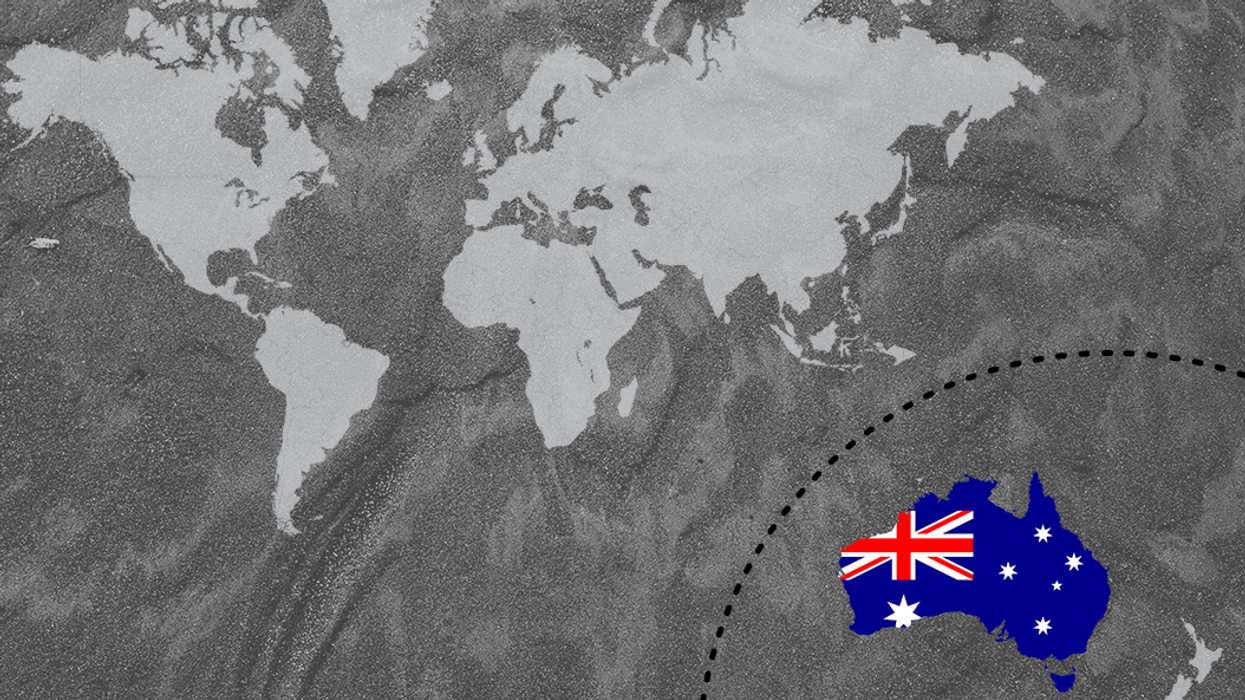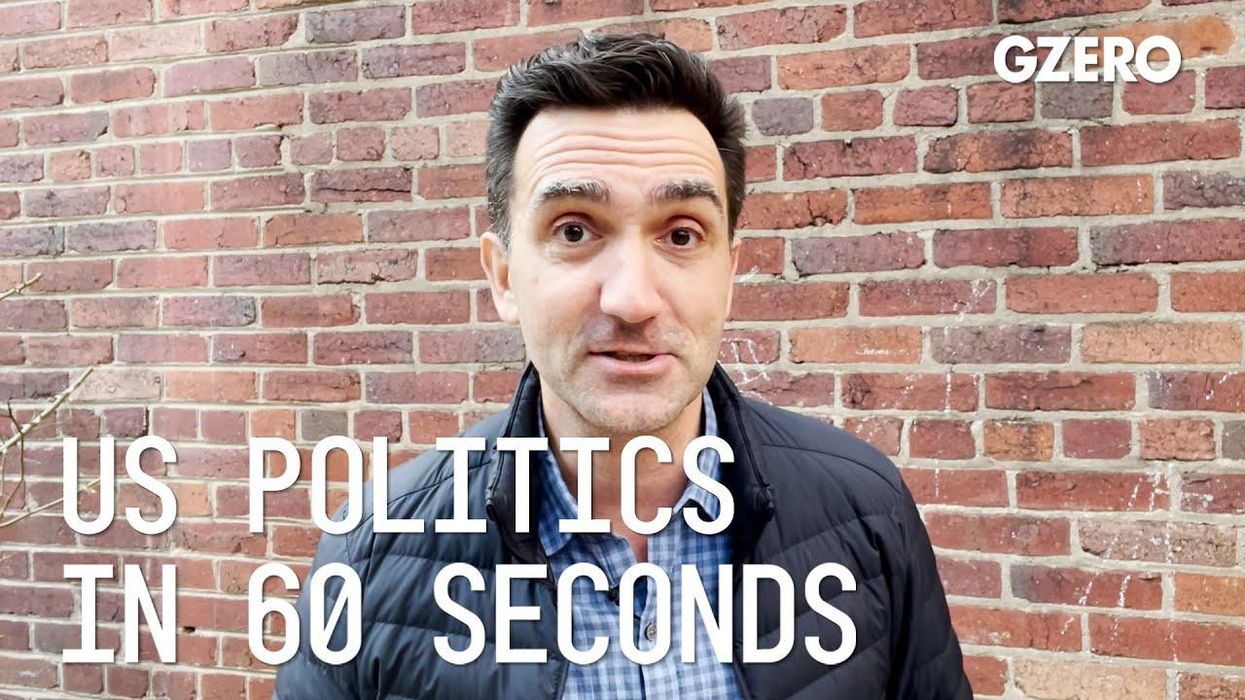popular
Is Australia still the lucky country?
Since the beginning of the pandemic, the Australian government has pursued a zero COVID strategy, setting the expectation that anything above naught cases a day would be deemed a political and public health failure. What implications has this had for Australians seeking to leave and enter the country, and what question does it raise about the rights of a citizen in a democratic state?
Aug 11, 2021


